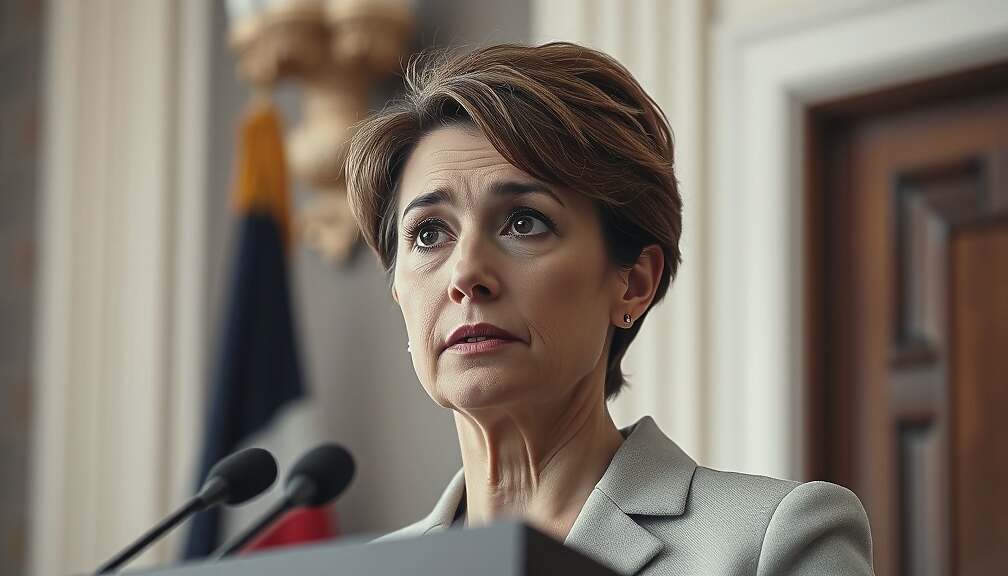Germany’s Justice Minister Bärbel Bas has expressed serious concern over the withdrawal of Frauke Brosius-Gersdorf as a candidate for the Federal Constitutional Court. In comments published this weekend, Bas warned of the implications should organized campaigns successfully influence judicial appointments. “It is deeply worrying that right-wing networks appear to have mounted a campaign against Frauke Brosius-Gersdorf” she stated, adding that a compromised selection process would represent a significant problem for the country.
Bas also directed criticism toward the conservative CDU/CSU bloc, her coalition partners. She highlighted the inconsistency of their initial internal approval of Brosius-Gersdorf’s candidacy, followed by the subsequent, short-notice cancellation of the election. “I very much regret that the CDU/CSU were unable to at least invite Frauke Brosius-Gersdorf for a discussion” she said, suggesting the party needs to reflect on its handling of the situation.
Bas further voiced concern about the impact this case may have on future candidate selection, particularly regarding the willingness of qualified individuals to subject themselves to such scrutiny.
Dirk Wiese, a leading figure within the SPD parliamentary group, emphasized the role of broken promises in the unfolding situation. He accused the CDU/CSU of using unsubstantiated plagiarism allegations as a pretext, effectively opening the door for targeted disinformation campaigns originating from right-wing sources. Wiese stressed the importance of adhering to coalition agreements and maintaining trust among partners, asserting that personnel decisions should not be framed as matters of conscience.
His comments appear to be a direct response to statements made by CDU leader Friedrich Merz, who characterized the Constitutional Court election as a matter of individual conscience. While German lawmakers are theoretically free to vote according to their convictions, as outlined in Article 38 of the Basic Law, they generally adhere to party discipline to uphold previously negotiated compromises. Votes of conscience are typically reserved for issues where there is cross-party consensus on difficult ethical questions.
Wiese expressed regret over Brosius-Gersdorf’s decision to withdraw but stated he respected her choice, acknowledging the unbearable pressure she had faced. He concluded by condemning the attempts to publicly discredit a highly respected legal scholar.












